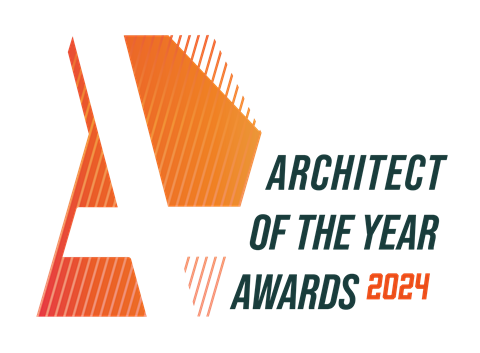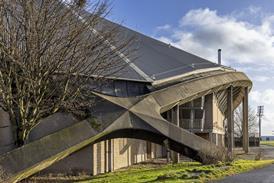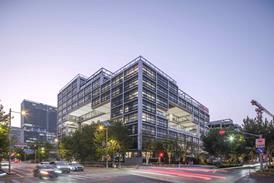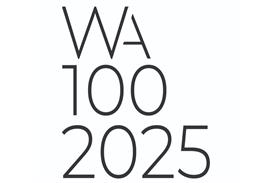- Home
- Intelligence for Architects
- Subscribe
- Jobs
- Events

2024 events calendar Explore now 
Keep up to date
Find out more
- Programmes
- CPD
- More from navigation items
Why architecture needs more jokes and less jargon

Can humour help demystify the world of design for a curious public, asks Eleanor Jolliffe
I have long been fascinated by how spaces change when crowds move in. I commute through North Greenwich station - where the O2 is - and it never ceases to amaze me how that experience changes daily based on who is playing the arena. Of course North Greenwich is far from alone. Almost every settlement in the country has a space transformed by a sporting event, a weekly market, or even an annual fete.
The far extreme of this is, of course, the Olympics - an event at such a scale that a small city must be built to house its few weeks of events. What is perhaps even more fascinating than how crowds change a place is what our approach to designing for them says about the society we are.
The key challenge with spaces built for crowds is what they become once the crowd has left. A report by the IOC in 2022 tracked nine hundred and twenty three venues from twenty five summer and twenty three winter games, noting that 92% of all the permanent venues were still in use, with only 4% closed, inactive or abandoned (the remainder had been demolished). The report paints a rosy picture of cities left with vibrant venues that boost the local economy for decades to come.
…
This content is available to registered users | Already registered?Login here
You are not currently logged in.
To continue reading this story, sign up for free guest access
Existing Subscriber? LOGIN
REGISTER for free access on selected stories and sign up for email alerts. You get:
- Up to the minute architecture news from around the UK
- Breaking, daily and weekly e-newsletters
Subscribe to Building Design and you will benefit from:

- Unlimited news
- Reviews of the latest buildings from all corners of the world
- Technical studies
- Full access to all our online archives
- PLUS you will receive a digital copy of WA100 worth over £45
Subscribe now for unlimited access.






